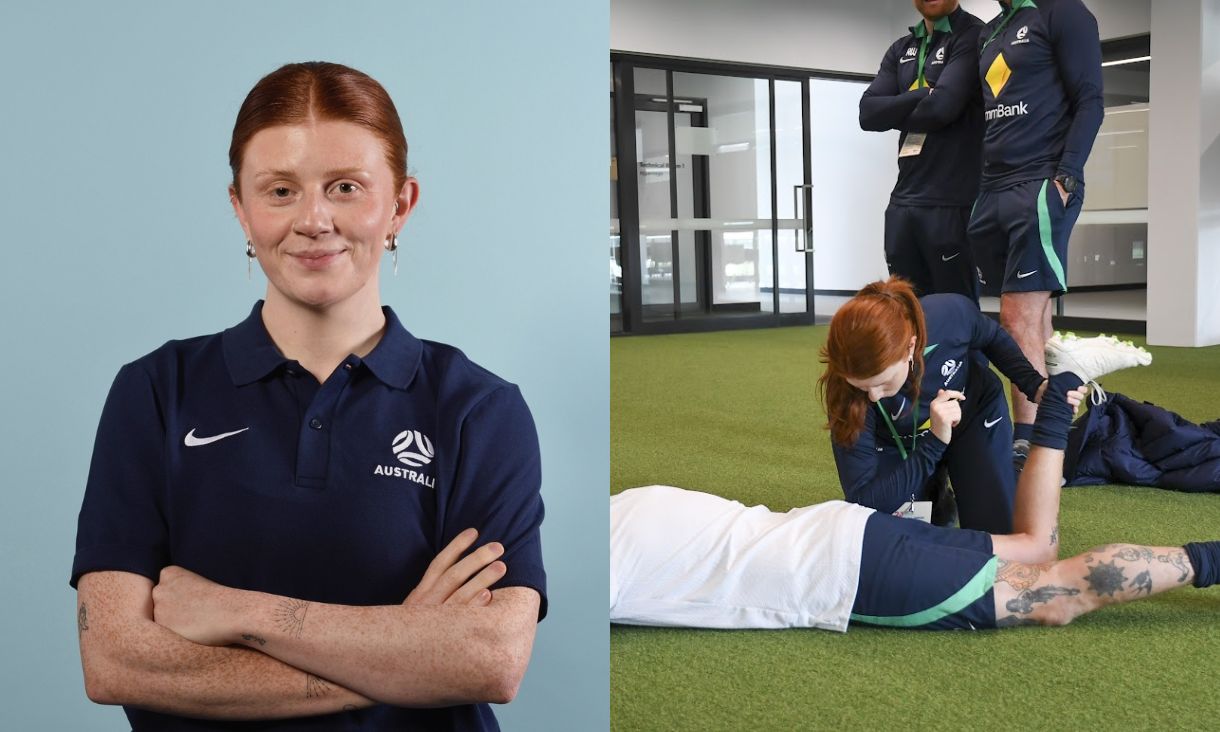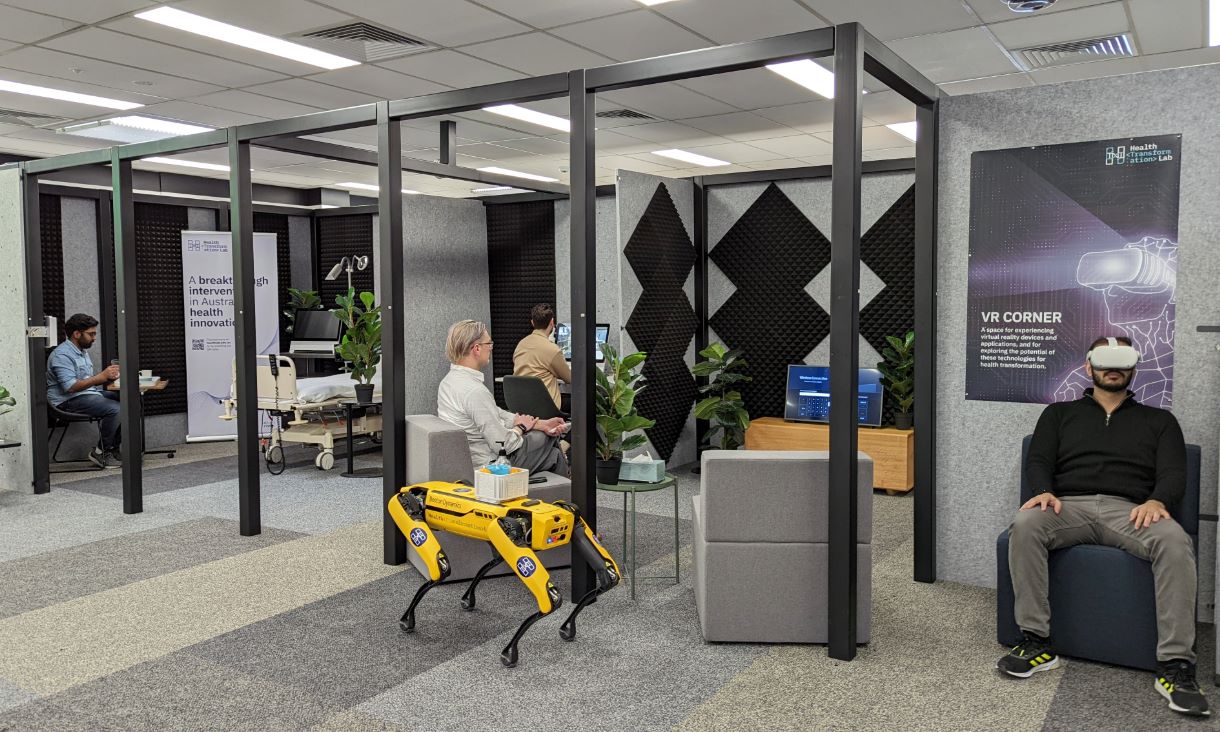Dr Margaret Heffernan OAM, behavioural researcher
“A sexually healthy population is everybody’s business!
“Whilst getting tested for STIs is quick and easy by a healthcare professional, the decreasing rates in testing levels can be partially explained by system and socio-cultural factors.
“Many STIs are asymptomatic, leading to lack of early diagnosis and treatment.
“Accessibility to and affordability of healthcare clinics has seen many clinics move from bulk-billing to fee-for-service, despite the STI test being either free or low-cost.
“With cost-of-living demands on discretionary income expenditure, increasingly daily living expenses are prioritised at the expense of health care expenditure.
“Despite calls for sexual education programs, the sporadic implementation of education and the trivialisation of sexual values through the media indicate the topic is taboo, resulting in embarrassment, shame and judgment for individuals who acquire an STI.
“In essence, Australians are a society of prudes in our attitudes toward sexual activity.
“Whilst perceiving ourselves to be sexually liberated, individuals are compromised and stigmatised by sexually transmitted infections.
“Culture matters! With normative values of ‘men’s business’, ‘women’s business’ and stigma, in regions where there is a lack of, for example, male GPs, men will not seek sexual health treatment from a female GP and vice versa.
“Not all GPs, parents and teachers are adequately trained or feel comfortable in discussing sexual health.
“Low levels of sexual health literacy in the population therefore leads to ignorance, acquisition, risk factors and perceived loss of reputation.
“Normalising and desensitising sexual health and treatment is the first step.
“It then requires a determination by peak bodies to prioritise funding of resources to educate, inform, and make STI testing accessible and a routine part of every health check.”
Dr Margaret Heffernan OAM is a behavioural researcher with a focus on Indigenous and migrant health and community integration, socio-ecological frameworks, and socio-cultural education factors. Her work over the past decade relating to the implementation of adolescent HPV vaccination has resulted in numerous awards for cross-cultural collaborations and resource developments across Australia.
***
General media enquiries: RMIT External Affairs and Media, 0439 704 077 or news@rmit.edu.au




